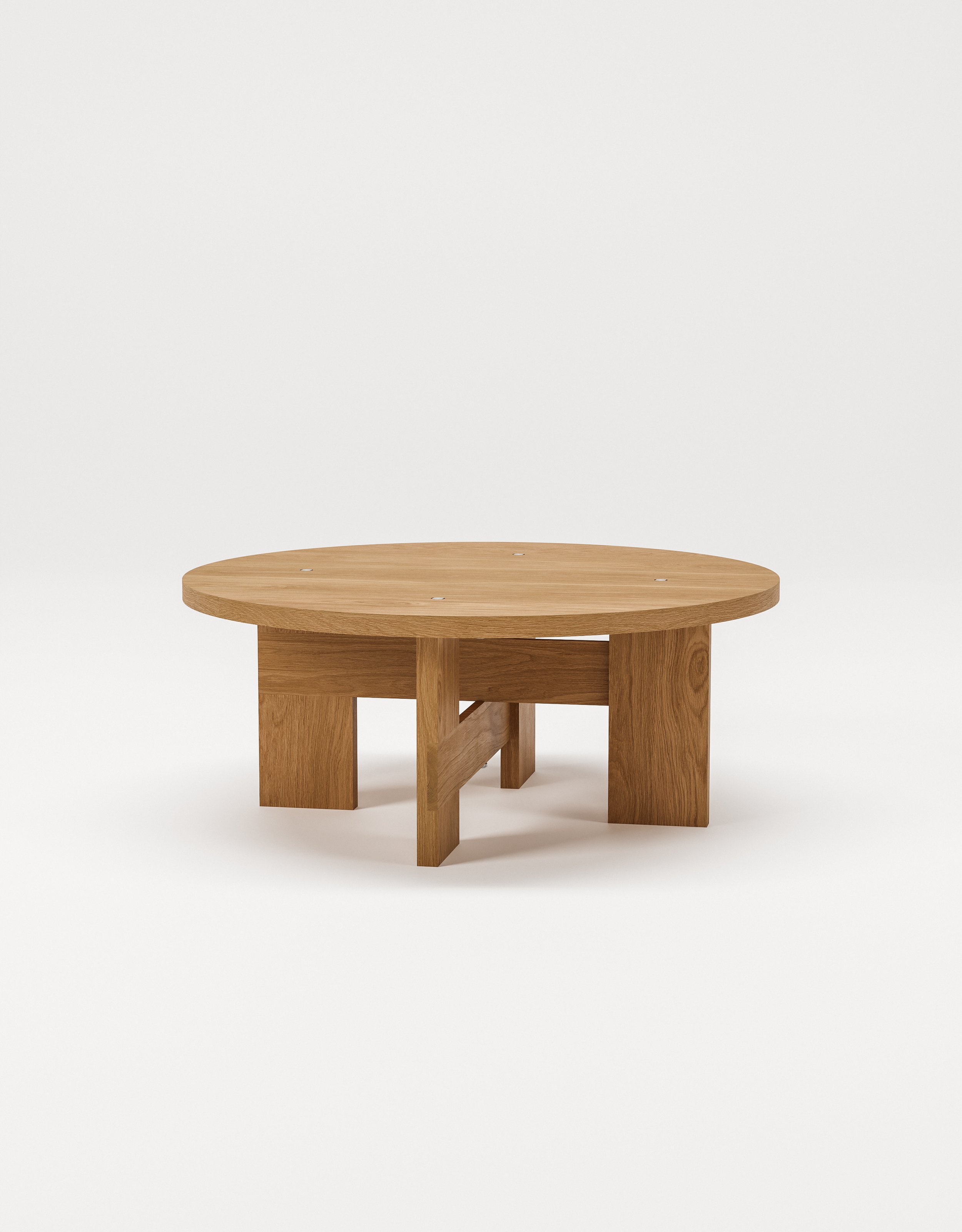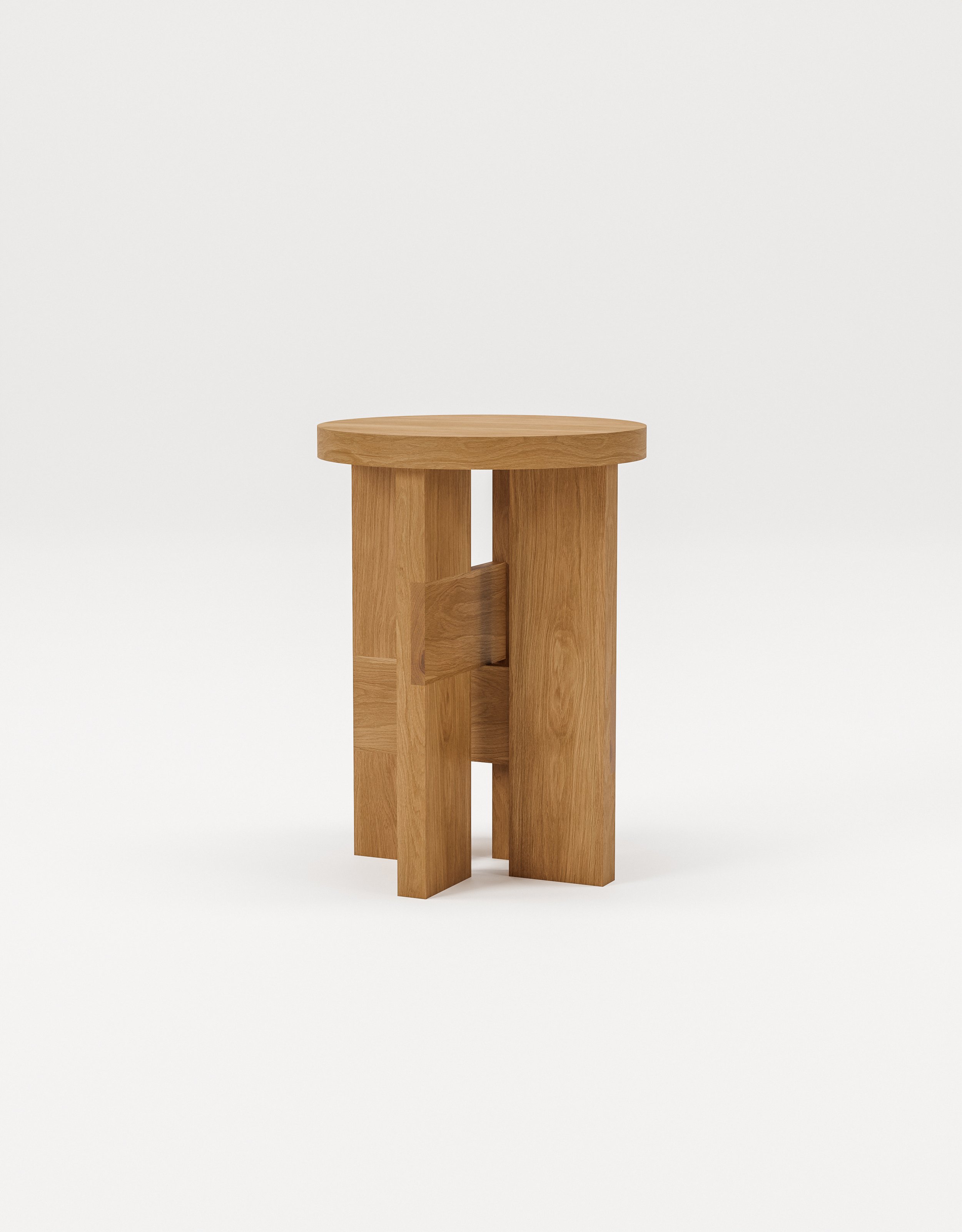A New Way Forward: Artikel København's tailored ethos
Malthe Risager Jørgensen and Siri Leijonhufvud
Their ethos is is to create everyday clothing with an elevated quality, and to experiment with the principals of traditional craftsmanship. Adopting a made-to-order philosophy ensures that they only create small quantities that are tailor made to each customer, making the garment last longer in the long term.
Founded in 2017 and based in a sewing room in the back of the Artikel København store, Malthe Risager Jørgensen and Siri Leijonhuvfund started the brand to show the fashion industry a new way of producing clothing.
Why did you start sewing your own clothes?
Malthe Risager Jørgensen: We didn't want to order 200-300 pieces of clothing initially - it seemed overwhelming and uncertain for our finances. Many clothing brands send their designs to a production house, which typically produces the clothing in large quantities - this makes sense for the producer, but also so the brand can afford to have the clothing produced.
Siri Leijonhufvud: After we had explored the possibilities of production in Portugal or Italy, we asked ourselves: Why don't we just do it ourselves?
Malthe Risager Jørgensen: We quickly realized that we needed to make ongoing revisions to our designs. We didn't want to commit to a sweater looking a certain way and then order 100 pieces of it. We took one thing at a time and first developed one jacket. Then we opened a small shop in Vesterbro so people could come in and try the jacket, and we could adjust it according to customers' wishes. It was part of the process for people to walk around in the clothing so we could get feedback on what they thought of the jacket and how they used it. It took us three years to develop that jacket.
Behind the scenes at Artikel København’s in-store sewing room.
Mio Stool & Side Table placed front of house in Artikel København’s store on Gammel Kongevej.
How do you produce then?
Malthe Risager Jørgensen: We have a technical approach to our clothing and place great emphasis on construction - creating a unique and simple expression while also designing it to be adapted and optimized for local production. We have developed a system with three basic patterns; A, B, C, representing tops, trousers, and skirts. Each pattern part can easily be modified, for example, A can be converted from a jacket to a shirt. This means that we can sew five different styles simultaneously, which allows us to maintain a reasonable pace of production so customers don't have to wait very long. But generally, our approach means that we are extremely flexible so we don't end up with a large inventory and can easily produce according to a made-to-order principle that follows the demand for the products.
Siri Leijonhufvud: Today, most people expect their online purchases to arrive within two days. But we have found that most of our customers appreciate that it's not fast. People tell us that a two-week wait didn't bother them. It actually added value to the product; it became more special precisely because they had to wait for it.
We have put a lot of effort into creating a real small factory. We are proud of our machines - several of them are unique and some you rarely see in Denmark. We have, among other things, a tagging machine, buttonhole machine, button-setter machine, triple stitch, and flatlock, which create good production conditions for us.
Mio Stool & Side table as seen in Artikel København’s in-store-store sewing room.
A glimpse of the Mio Coffee Table in Malthe and Siri’s home.
How do you aim to inspire the fashion industry?
Malthe Risager Jørgensen: I hope that more people start to consider that there doesn't need to be so many steps in clothing production. But also that one can produce less at a time and have a smaller collection. By having a permanent collection, one can also more easily steer the direction of one's brand, as opposed to having to redefine oneself eight times a year. Producing less at a time doesn't have to be reserved for smaller brands like ourselves. Our model with our own seamstresses can easily be scaled up; it's just a matter of hiring a few more seamstresses and having a larger workshop.
Siri Leijonhufvud: Moreover, it's much more sustainable to make durable clothing than to make clothing with the right organic certification that lasts for a short time either due to its quality or trend-based design. Among other things, we use a twill material that we can order down to one meter at a time from an English manufacturer that has been around for over 100 years. We produce in fabrics from Kvadrat, which are extremely durable because they are normally used for furniture. Our production is based on some standard sizes, but all styles can be adjusted in sleeves, legs, length, and waist to the customer's personal measurements. Owning a piece of clothing that is produced and tailored to you, I believe, creates stronger relationships with the clothing. It's imbued with different values. Our vision is to make clothing that the customer can own for their entire life and hopefully wants to pass on to the next generation.
Photos by Lasse Dearman
As told to Ditlev Fejerskov








